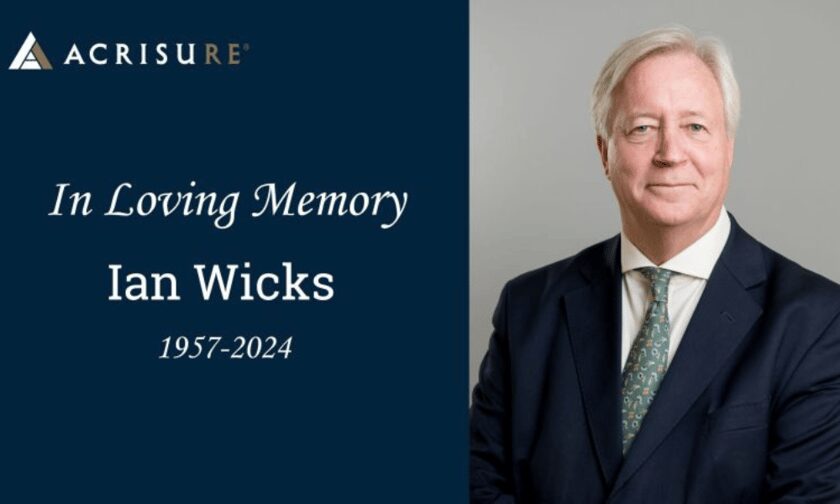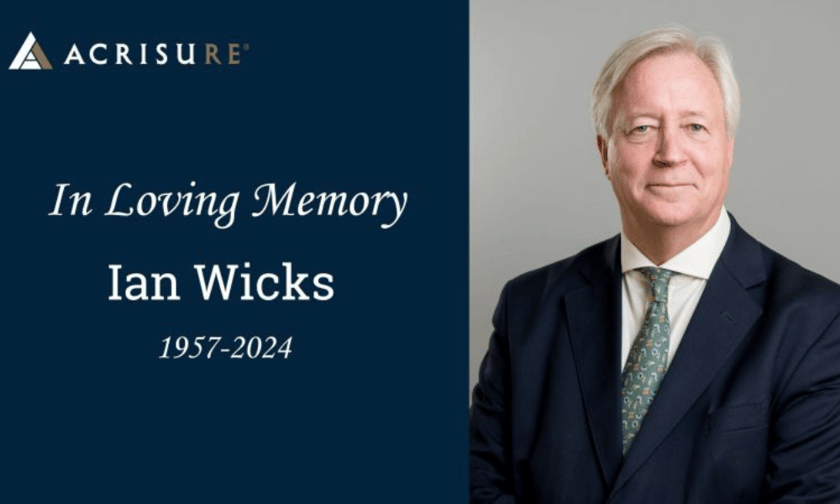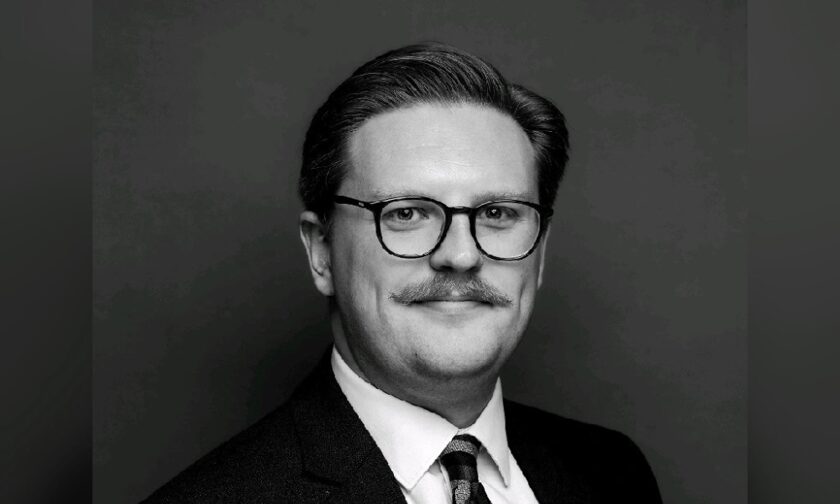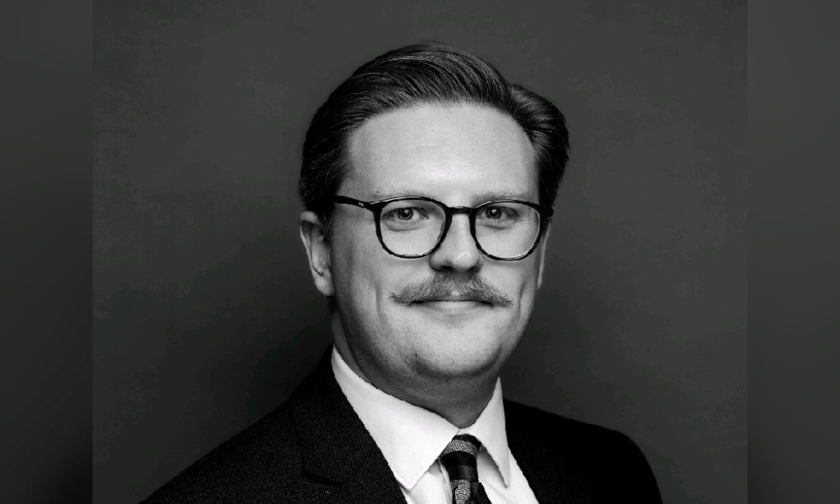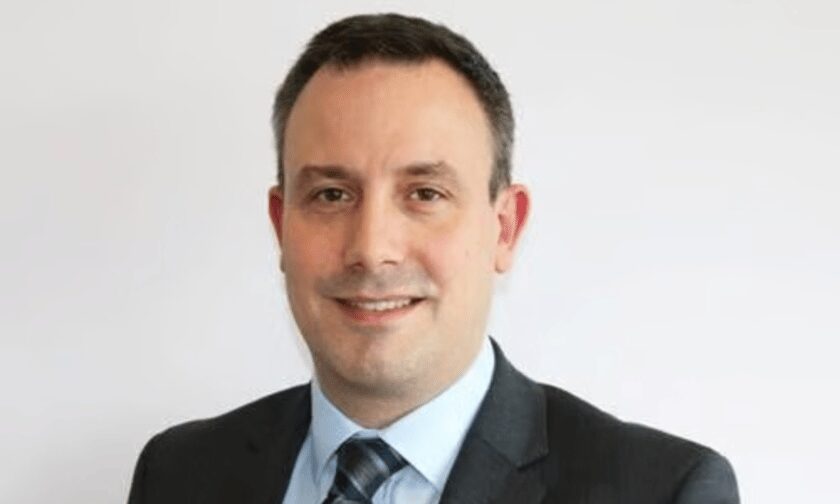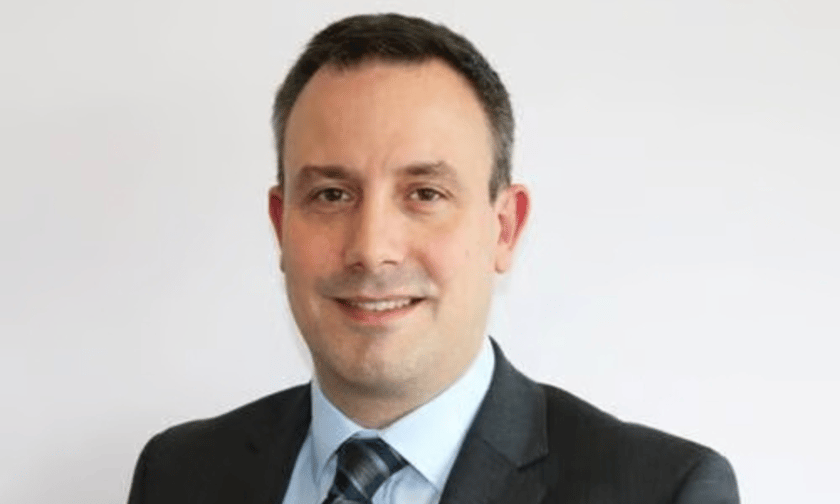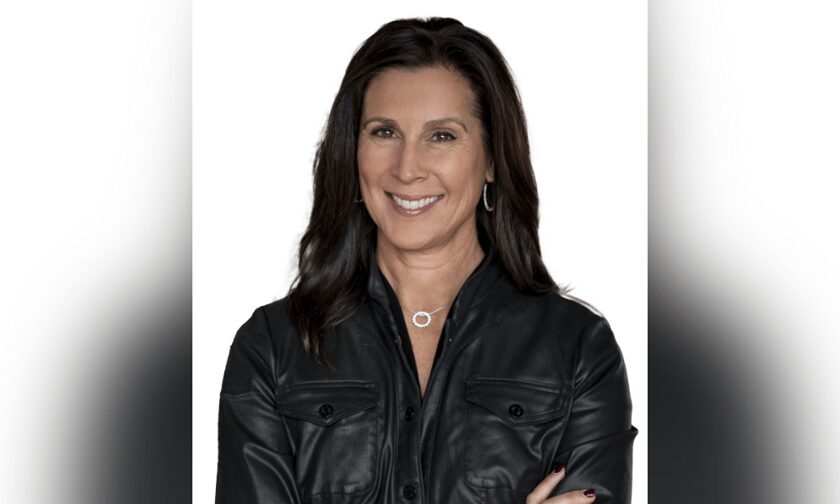
“Clients are looking for companies that can evolve with them”
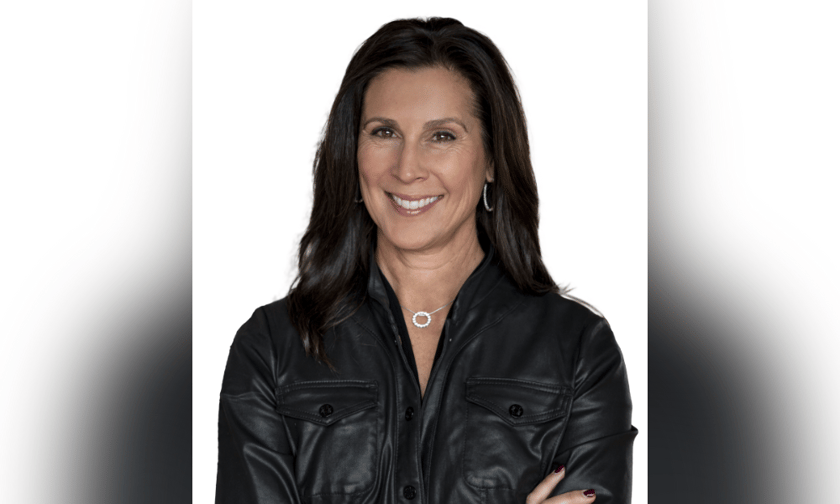
After two decades serving in a variety of senior leadership roles with Munich Re, Jill Beggs’ decision to “boomerang” back to the reinsurance roots she had first laid down with Everest Group, Ltd. was simple.
Beggs (pictured) returned to the company in 2021 as the head of North America reinsurance, invigorated by the vision of the senior leadership team regarding people and culture – which she strongly believes is what sets the company apart. In February of this year, her remit was broadened as she stepped into a new role as EVP of Everest Reinsurance and COO of the reinsurance division, a position that includes managing the profitable growth of the division’s worldwide reinsurance portfolio.
“I’m super excited to partner with our reinsurance colleagues and leaders across the globe to build on the momentum that we have in the business,” she said. “We have a really strong foundation. We are always pursuing better, but a key differentiator is not necessarily what we do, but how we do it, which I think is so special. We’re incredibly collaborative, and we work across regions and continents seamlessly to act on behalf of our clients. Advancing that culture is a top priority for me.”
What challenges are facing today’s reinsurance market?
Beggs spotlighted the two “pervasive challenges” being faced across the reinsurance industry. The first challenge is one being seen across so many global businesses – how to attract and retain top-quality talent. Having the best talent is always going to be a top priority, she said, because success in reinsurance starts with people.
“This is a relationship business; our clients aren’t just buying our services or a contract, they’re looking for true partnerships and you can really feel that,” she said. “The war for talent is a challenge for all of us, especially in a relatively small industry like ours. Another major challenge, I would say, is some of the enormous risks facing our business.
“If you think about increasing weather-driven catastrophes, global economic and geopolitical volatility, and cyber threats, clients need companies not only with capacity but with a breadth of expertise and solutions, not only to meet the needs of today but to evolve with them. The risk landscape is changing every year, almost every month now so clients are looking for companies that can evolve with them and work with them to provide solutions.”
Looking at natural catastrophes, she noted that the industry has faced over $100 billion in average annual losses every year since 2017 which is more than double the average of the previous five years. 2022 brought Hurricane Ian, the most expensive hurricane in Florida’s history, while 2023 was another $100 billion-plus loss year for the global nat CAT market, highlighting that the trend of these costs rising year-on-year is not slowing down.
The role of the reinsurance market in offsetting these challenges
The challenges facing clients are continual, she said, and it’s the role of the reinsurance market to provide solutions to these challenges. Examining some of the ways she and her team are looking to offset these challenges, she looked first at how it’s working to solve the talent crisis, in recognition of the fact that talent is at the root of what sustains the industry.
“I’m proud to say that our colleagues join Everest to develop and grow their careers,” she said. “And we’re proud that we have also retained our best talent even though the labour market has been in turmoil over the past few years. They stay because we’re part of a vibrant, collaborative culture which I think is really differentiated against other cultures that are out there.… and we also invest in our talent.
“We’re developing and expanding our learning, mentorship and awards programmes, at all levels. We do this to equip the next generation with the diverse skills and experiences which are vital for their growth. Our reinsurance associate programme is for early career talent but we have our mentorship programs all the way up the chain and we have development programmes for our highest potential colleagues at the most senior levels within the organisation. So, that development piece really spans the full breadth of the organisation.”
With regards to navigating the wider risk landscape, Beggs noted the company has been structured to meet clients where they are. It is by being nimble, creative and entrepreneurial that Everest can focus on delivering that service, she said, because its flat and heavily interconnected structure means the firm is able to deliver its expertise in a matter of hours, rather than days or weeks.
“We feel we have the right people in the right places, we have local teams who are deeply connected to their markets, and they’re empowered to make decisions,” she said. “That’s a key differentiator for us. We’re able to pivot and respond to those local conditions without the bureaucracy and complexity which sometimes has a tendency to slow some of our competitors.”
Keep up with the latest news and events
Join our mailing list, it’s free!

This page requires JavaScript



